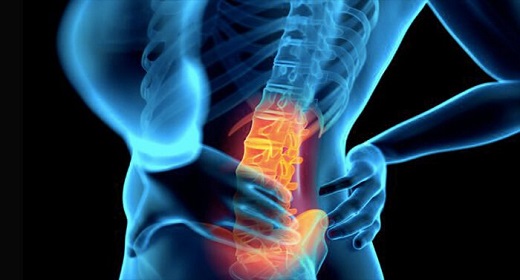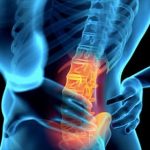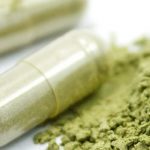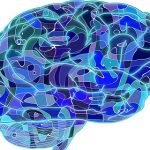by Kate B. Forsyth: In the current world we live in, I’m sure we’ve all noticed a boom in living healthy lifestyles…
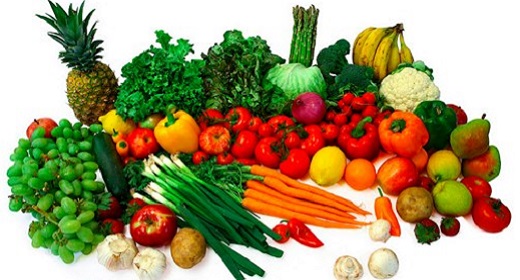
People are exercising more, dieting more, taking care of their bodies more. In line with that, plenty of diets are popping up, each one promising a leaner physique and a better-looking body.
One of the diets that have come to people’s attention is the raw food diet. Yup, that’s right. Raw food. Basically, according to the blog Fully Raw, this is a diet “made up of fresh, whole, unrefined, living plant-based foods: vegetables, leafy greens, nuts, and seeds, which are consumed in their natural state, without cooking or steaming.” So those of you who are imagining dripping, bloody, raw meat, you’re absolutely wrong.
Now don’t be so skeptical. The raw food diet is not one of those fad diets. It’s actually a lifestyle that simply promotes eating food in their simplest and most natural state. The food should also not be refined, pasteurized, treated with pesticides, or processed in any kind of way. However, the diet does allow several alternative preparation methods. These include blending, juicing, soaking, sprouting, and dehydrating.
With the raw food diet, most of your kitchen appliances will be getting some rest. The idea of the diet is that when you heat food, it destroys its nutrients and natural enzymes. This is really bad because the enzymes boost digestion and fight chronic diseases. Others believe that cooking makes food toxic. Also, when you are on the raw food diet, taking in supplements of any kind are highly discouraged.
The raw food diet is also known as raw foodism or veganism and has been around since the 1800s. In recent years, it’s grown in popularity, and there are plenty of advocates who are all for it. Its staunchest supporters believe that eating mostly raw foods is best for human health and provides many benefits.
Of course, the raw food diet has many positive points. Since you will be eating plenty of fruits and vegetables, you will be getting plenty of nutrition. The diet has been known to lower inflammation, improve the digestive system through providing more fiber to the body, prevents or treats constipation, helps in weight loss, improves cardiovascular health, and boosts optimal liver function.
The diet can also prevent nutrient deficiencies, help battle cancer, give you more energy, improve the complexion, lower the antinutrient and carcinogen content in the body, clear up headaches and allergies, boost the immune system, improve memory and brain function, ease arthritis, and prevent and possibly treat diabetes.
Of course, along with the pros, there are always cons as well. A study shows that around 70 percent of women following the raw food diet had irregularities in their menstrual cycles. In addition, nearly one-third of these women developed amenorrhea, which means they stopped menstruating completely.
Another study shows that those in raw food diets had low calcium, iron, protein, and vitamins B12 and D intake. Followers of this diet also had low bone mass, possibly because of the low calorie and low protein content.
Another con is that with this diet, you’re at a higher risk of getting foodborne illnesses. This is especially true if you include raw eggs or raw fish and meats in your diet. In order to lessen the risk of getting these diseases, make sure to wash your foods thoroughly. Be extra careful as well with risky foods, such as raspberries, sprouts, green onions, lettuce, and unpasteurized juices.
Because of the risk of food poisoning, the raw food diet is not recommended for pregnant women, seniors, young children, people with weak immune systems, and people with chronic medical complications.
That aside, keeping up a raw food diet will be quite challenging. First, your food choices are extremely limited, and avoiding cooked or processed food means it would be difficult for you to eat out. Avoiding cooked food also means that methods in preparing your food will also be limited, and you might find the diet to be monotonous and boring.
Finally, relying solely on fresh and organic produce will be expensive as organic ingredients tend to cost more than the regular produce you find in your grocery store. Plus, having the appropriate appliances to support this lifestyle are pricey too. You would need high-quality blenders, juicers, food processors, and dehydrators. It will also take a lot of time and effort on your part to prepare them as well.
If you’re still interested and wondering how to follow the raw food diet, here are some tips. First off, make sure that at least 75 percent of the food you are eating is raw. Here’s a list of the foods that you can consume:
- Fresh fruits
- Fresh vegetables
- Raw nuts and seeds
- Raw grains and legumes
- Dried fruits
- Nut milks
- Raw nut butters
- Cold-pressed olive and coconut oils
- Fermented food
- Seaweed
- Sprouts
- Raw eggs or dairy
- Raw meat or fish
On the other hand, here are the foods that you should avoid in the raw food diet:
- Cooked fruits, vegetables, grains, and meats
- Baked items
- Roasted nuts and seeds
- Refined oils
- Table salt
- Refined sugars and flour
- Pasteurized juices and dairy
- Coffee and tea
- Alcohol
- Pasta
- Pastries
- Chips
- Processed foods and snacks
You have to admit, learning how to switch from your regular diet to a raw food diet will be a long, grueling process. It will take time, patience, and effort. It will definitely take a while to accomplish. Because your taste buds are accustomed to tasting all those salt, sugar, and spices, there’s no doubt you’ll miss all those flavors when they are no longer part of your daily diet. But eventually, once your taste buds are no longer exposed every day to those flavors, they will once again develop an appreciation for the taste of fruits and vegetables.
Those who have fully converted to the raw food diet, they swear that the trade-off for good health and longevity is all worth it. Others are not so sure. At the end of the day, ultimately, it’s up to you to decide whether or not this diet does the trick. But of course, make sure to get help from professionals, and make sure to consult your primary care physician first before trying it out.
Author Bio:
KATE
Kate B. Forsyth is a writer for Be Healthy Today, who specializes in health and nutrition. Her passion is to help people get an overall transformation of health that lasts a lifetime. In her blog posts, she goes beyond research by providing health-concerned citizens doable and simple tricks to achieve a healthier lifestyle.











